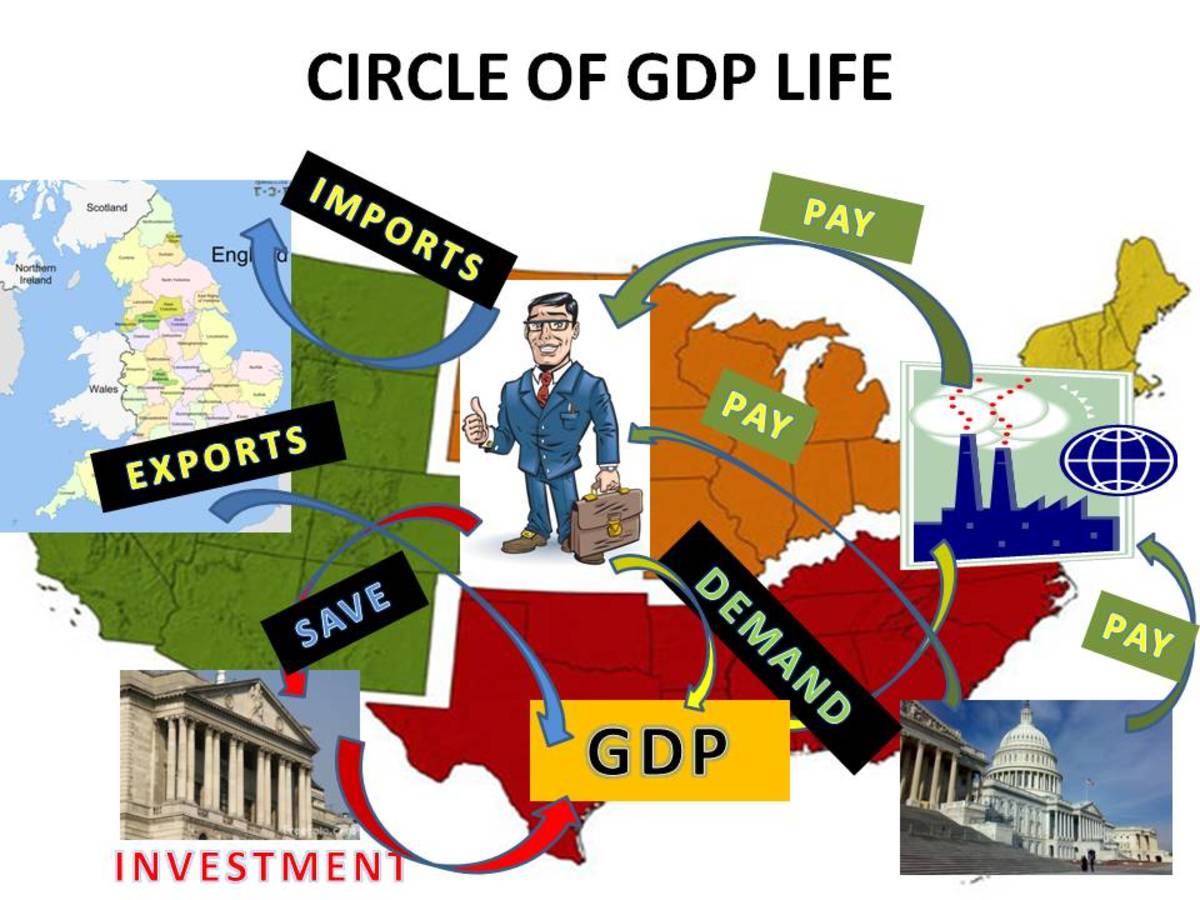Understanding Convertible Bonds

Convertible Fixed Income
The convertible bond market is in a sense an asset class all to itself as a result of its hybrid nature. A convertible bond is essentially a bond issued by a corporation that allows the investor who holds the instrument to convert the bond to stock in the corporation based on a predetermined formula. This is typically an option and not a requirement. So in a sense you as the investor have the benefit of both a stock and a bond holding. Most convertibles will be issued with a maturity of at least 10 years. In most cases the coupon (interest rate) is issued at a lower rate than non-convertible issues by the same corporation.
The biggest benefit to the issuer/corporation is the lower interest payment. Should the bond get converted by the holder, the debt of the company disappears, yet they have diluted equity by issuing stock in replacement of the debt from the corporate treasury.
The benefit to the holder of the bond is they can simply hold the issue to maturity with a guaranteed rate of return like any other corporate note, with only the credit quality of the underlying issue to be concerned about. Should the pre-determined conversion price be appealing then the holder can benefit from participation in the stock price appreciation through the conversion. Additionally, while the average maturity is more than 10 years at issuance, the conversion feature actually lowers the average duration of a fairly well diversified convertible portfolio.
In terms of buying fixed income in general, the majority of the average American investors will be better suited to diversify their fixed income holdings through bond funds and ETF’s. For more information on this topic see below…
http://landmarkwealth.hubpages.com/hub/Bonds-or-Bond-Funds
In terms of risk and volatility, it should be noted that because of the conversion feature of these bonds, they more often tend to correlate to price movements in the stock market, rather than correlating with the rest of the investment grade fixed income markets which are more sensitive to interest rate changes. So as an investor, when you buy a convertible bond fund or an ETF, be prepared for the volatility. In general they tend to be less volatile than most stock funds with returns that are not that far from stock market like investment returns. However, if you are looking to balance risk with other stock based investments, convertibles will more likely increase your portfolios correlation and do little to reduce volatility.
For those investors who are looking to place a portion of their investments into convertible bonds and not inclined to research individual bonds and their features themselves, they may wish to utilize an active manager. In the market place of convertible bond funds that use active managers, Calamos Investments has essentially written the book on evaluating these securities. However, many of their funds are subject to sales charges if not bought directly through a fee based investment advisor. As such costs can be impactful to an investor’s portfolio, they should be evaluated carefully. Those investors who tend to take a more passive approach to investing may be interested in the far less expensive ETF market place. Companies like State Street Global Advisors offer convertible ETF portfolios with internal expense ratios as little as 0.40%.
When evaluating convertibles and the role they may play in your investment portfolio, this like any other investment should be done in the context of a larger long term investment planning strategy.
Suggested Reading
- Is Your Financial Advisor Working On Your Behalf
In the community of those who provide the public with financial guidance, there are many different titles that a professional may hold. Most often those whom seek financial guidance are greatly unaware of exactly what the obligation is of the... - The Tale of Two Depressions
Most of us who are too young to have lived through the Great Depression have either listened to our parents and grandparents tell us stories of what it was like, whereas others simply studied the cause and effects from as young as grade school. Yet.. - How to Understand the Gift Tax
One of the more confusing taxes to grasp for the average American is that of the gift tax. Despite what many people think, although you can give an unlimited amount of assets to a charitable organization, you are effectively limited to that in which. - Should I Collect Social Security Early ???
When the opportunity presents itself to collect Social Security benefits early, there are often numerous factors to consider. The definition of early is typically age 62. The most common answer is… yes you should. However, not always since as with... - Understanding High Yield Bonds
The high yield fixed income market, also known as “junk bonds” is often one of the most misunderstood asset classes by the average investor. In recent years with interest rates at historically low levels, many investors have attempted to look at... - Refinancing to a 15 or 30 year mortgage ???
Over the course of the last few years I have received numerous calls from clients asking me whether or not it makes financial sense to refinance their mortgage as a result of this unprecedented low interest rate environment. And in many cases the... - What should your Financial Advisor ask you ???
Often we read articles & commentary about what to ask your financial advisor. But what should your financial advisor be asking you. Often times that alone can tell you whether or not you are engaged in a financial advisory relationship that is in - Should I Pay off My Mortgage Early ???
For many Americans, the ability to pay down their mortgage sooner is simply not realistic. However in some cases it is quite possible. The Question of whether or not you should accelerate mortgage payments or use liquid cash to eliminate the... - Can The Government Create Jobs ???
The debate over whether gov’t can or should be attempting to create jobs is an interesting one. Those from all walks of economic theory have attempted to examine this from many different perspectives. Let’s first look at whether or not gov’t... - Preparing For The Tax Law Changes In 2013
The topic of taxes is always one which is greatly debated from both a political as well as an economic perspective. Regardless of one’s political persuasion on such issues, one constant always remains the same. We each do all that we can to avoid...









